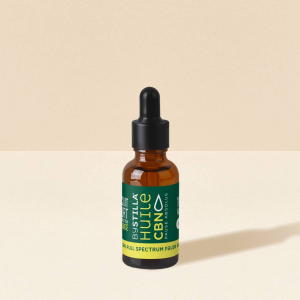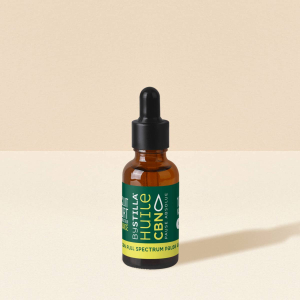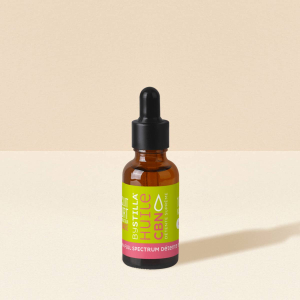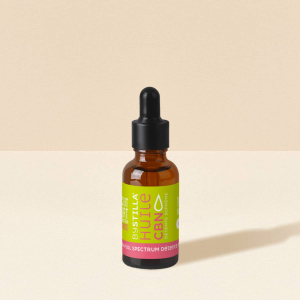CBN: What are we talking about again?
CBN, or cannabinol, is a natural cannabinoid found in the hemp plant including the Cannabis L. Sativa and Cannabis Indica strains. It comes from the degradation of THC (tetrahydrocannabinol) under the influence of oxidation and heat, which explains its presence in mature cannabis plants.
It only constitutes about 1% of the composition of the plant and, unlike THC, is devoid of any psychoactive effect, causing neither dependence nor euphoria.
Its production requires controlled and careful methods such as the use of climatic chambers or prolonged aging processes. This complexity makes its extraction much more difficult than that of other cannabinoids such as CBD.
CBD and CBN: different despite similar chemical structure
CBD and CBN share a similar chemical structure but exhibit slightly different effects. CBD is widely distributed in cannabis plants, while CBN results from the breakdown of THC and is found in lower quantities.
Also, CBN interacts more quickly than CBD with the receptors of the endocannabinoid system, in particular of the CB1 and CB2 type. Conversely, CBD does not establish a direct connection with these receptors, but rather influences their activity, for example by slowing down the breakdown of natural endocannabinoids.
Although CBN and CBD both haveanti-inflammatory and analgesic properties,CBN is also valued for its more marked sedative properties, which makes it particularly useful in the treatment of insomnia and paradoxical sleep disorders.
From a legal point of view, products containing CBN and CBD are subject to the same conditions: namely a THC concentration of less than 0.3%.
How does CBN oil work for anxiety?
CBN has not been studied as extensively as CBD, but the few clinical studies we have available all speak in favor of an anti-stress and anxiolytic action.
This cannabinoid acts directly on the CB1 receptors of the endocannabinoid system which regulate mood and the response to stress. By binding to these receptors, CBN exerts a calming and slightly sedative effect, without the psychoactive repercussions associated with THC.
Like all cannabinoids, CBN is also useful in reducing inflammation and pain, particularly at the digestive level, unlike CBD which targets more muscle pain and inflammation and joints.
Unlike conventional anxiolytics, CBN poses no risk of dependence or serious side effects, positioning it as a promising option for those dealing with persistent anxiety disorders.














